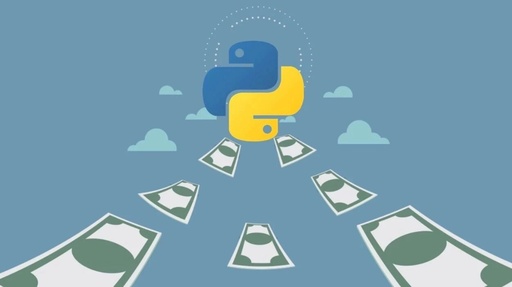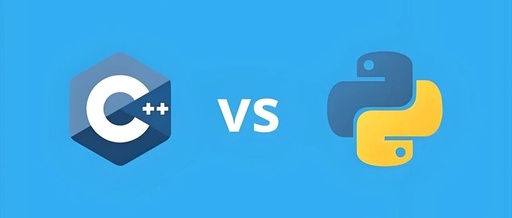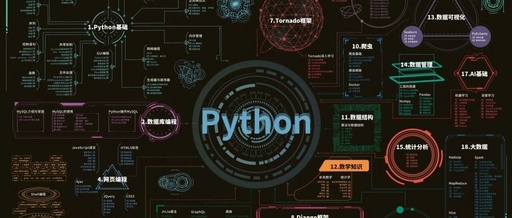Why Python is the Secret Weapon for Fintech and Financial Transformation
Produced by Big Data Digest Translated by: Travis, Hu Jia, Da Jieqiong, Xia Yawen Life is short, and not just for programmers; Python is attracting the attention of big names from the financial sector. In the wave of financial technology, countless traditional finance professionals are eager to strike gold. How can you find your opportunity … Read more









